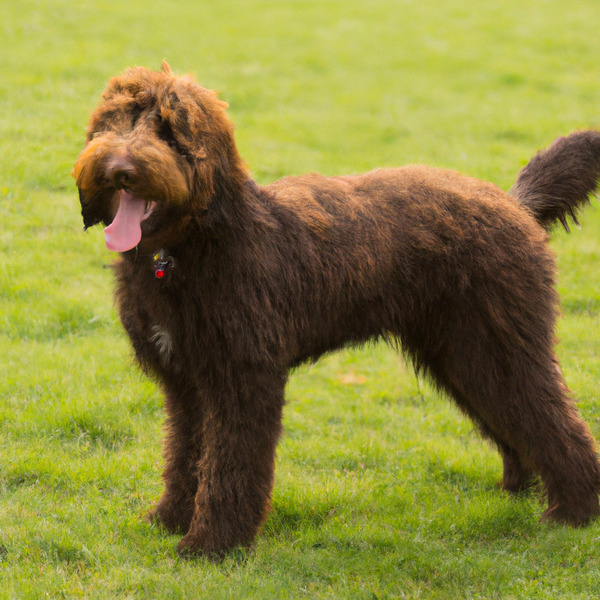Labradoodle vs. Papshund: Breed Differences and Similarities
Hypoallergenic
Are Labradoodles or Papshunds hypoallergenic, or neither?
While no dogs are truly 100% hypoallergenic, Labradoodles are about as close as it gets, making them an ideal pet if you are an allergy sufferer.
Unfortunately, the Papshund is not hypoallergenic, making it not a good choice for a dog lover who suffers from pet allergies.
Temperament
What are the personalities of Labradoodle and Papshund dogs?
Affectionate
Intelligent
Alert
Playful
Stubborn
Happy
Energetic
Alert
Courageous
Intelligent
Friendly
Devoted
Lively
Clever
Shedding Level
Do Labradoodles shed more than Papshunds, or which breed sheds more, Labradoodles or Papshunds?
Labradoodles are moderate shedders, but regular brushing can reduce shedding and maintain coat health.
Papshunds shed very little hair, making them a great choice for those who dislike excess hair in the house.
Watchdog Ability
Which dog breed makes a better watchdog, the Labradoodle or Papshund?
Labradoodles make excellent watchdogs - they're vocal and protective of their territory.
Papshunds are decent watchdogs - they'll alert their owner if something seems amiss.
Origin
What is the origin of Labradoodle and Papshund dog breeds?
Australia
United States
Ancestry
What are the origins of Labradoodle and Papshund breeds?
Labrador Retriever, Poodle
Dachshund and Papillon
Breed recognition
Which kennel clubs recognize/register Labradoodle and Papshund?
Australian Labradoodle Association
International Australian Labradoodle Association
ACHC = American Canine Hybrid Club
DBR = Designer Breed Registry
DDKC = Designer Dogs Kennel Club
DRA = Dog Registry of America, Inc.
IDCR = International Designer Canine Registry®
Date of Birth
When were Labradoodle and Papshund breeds first developed?
1989
Unknown
Eye Color Possibilites
What are the eye colors of Labradoodle and Papshund dogs?
Hazel
Brown
Brown
Nose Color Possibilites
What are the natural nose colors of Labradoodle and Papshund?
Black
Brown
Black
Coat Color Possibilites
What are the natural colors of the coat for Labradoodle and Papshund breeds?
Black
Red
Cream
Silver
Brindle
Sable
Blue
White
Cream
Red
Brown
Black
Coat Length
What is the typical coat length for Labradoodle and Papshund breeds?
Labradoodles are known for their coat length.
Papshunds have longer coats compared to most dogs.
Coat Density
What is the density of the coat of Labradoodle and Papshund?
Litter Size
What is the usual litter size for Labradoodle and Papshund?
A Labradoodle can have a litter of 12-14 puppies on average. However, it's worth noting that the size of the litters can vary greatly. Factors that can influence litter size include the health of the mother, breeding history, and genetics.
A Papshund can have a litter of 4-8 puppies on average. However, it's worth noting that the size of the litters can vary greatly. Factors that can influence litter size include the health of the mother, breeding history, and genetics.
Adaptability
Labradoodle and Papshunds are known for their adaptability and versatility. They are capable of adapting well to a wide range of lifestyle changes and living environments, making them great companions for families and individuals of all lifestyles.
Health Issues
Between Labradoodle and Papshund, which breed is more prone to health problems?
Labradoodles typically have low vet costs due to their good health, but it's important to monitor their health and seek vet care when necessary.
While the Papshund breed is generally healthy, occasional vet check-ups are still necessary to address any health concerns.
Major Concerns
What are the major health concerns for Labradoodle and Papshund breeds?
Elbow Dysplasia
Hip Dysplasia
Epilepsy
Hypothyroidism
Progressive Retinal Atrophy (PRA)
Intervertebral Disc Disease
Acanthosis Nigricans
Minor Concerns
What minor health issues should be kept in mind when owning Labradoodle and Papshund?
Allergies
Patellar Luxation
Cataracts
Glaucoma
Hip Dysplasia
Von Willebrand's Disease
Progressive Retinal Atrophy (PRA)
Occasional Tests
What occasional tests are recommended for Labradoodle and Papshund breeds?
Hip & Eye
Eye Examination
Radiographs
Complete Physical Examination
Energy
How do the energy levels of Labradoodles and Papshunds compare?
Labradoodles thrive on an active lifestyle due to their high-energy nature.
Papshunds' high energy levels make them unsuitable for a low-key dog, choose accordingly.
Social Needs
Labradoodle vs Papshund social needs comparison
Labradoodle and Papshund have very high social needs. These needs include regular mental and physical stimulation, a job or purpose, and companionship. They thrive in environments where they have a lot of interaction with humans and other dogs.
Exercise Needed
Labradoodle vs Papshund exercise need comparison.
Labradoodles require significant physical activity and suit those with an active lifestyle.
Papshunds need only a small amount of physical activity, ideal for busy or elderly people or those with limited space.
Sleeping Need
Which of the two sleeps the most/least: Labradoodle or Papshund?
Labradoodles sleep less than other breeds but still need adequate sleep for good health.
Papshunds have moderate energy levels and typical sleep patterns of 12-14 hours per day.
Tendency to Bark
Do Labradoodles or Papshunds bark more/less frequently?
Labradoodle and Papshunds tend to bark moderately, they bark when necessary, such as to alert their owner or to communicate something. They may also bark due to certain triggers like fear, alarm, boredom, greeting, separation anxiety and compulsive barking.
Mouthiness
Mouthiness Comparison: Labradoodle vs Papshund?
Roaming urge
Labradoodle vs Labrador: Running away tendency?
Prey Drive
Labradoodle or Papshund - which breed has a higher level of prey drive?
Past times
What are some enjoyable activities and ways to keep Labradoodle and Papshund entertained?
Fetch, Hike, Go on Vacation, Walk, Run
Treats, Cuddles, Toys, Walks, Walking, Fetch, Jumping, Speak, Dog Parks, Dressing up, Playdate, Run, Traveling, Sleep, Cuddle, Shopping, Swimming
Activity Level
Which breed has higher energy, Labradoodles or Papshunds?
Labradoodles are high-energy dogs. They need mental as well as physical exercise. These dogs require a lot of your involvement and without it they can, and will, become problematic dogs.
Papshunds are medium-energy dogs and typically enjoy socializing and playing casual or even sustained games of chase with other dogs. They may also have occasional periods of barking or racing around the house.
Tolerance of being left alone
Walks per Week
How many miles should Labradoodle or Papshund walk each week?
There's really no limit to how far you walk your dog as long as they're comfortable. For Labradoodle, it's at least 10 miles / week. Just remember to build distance and stamina gradually over time.
There's really no limit to how far you walk your dog as long as they're comfortable. For Papshund, it's at least 5 miles / week. Just remember to build distance and stamina gradually over time.
Activity per Day
Do Labradoodles or Papshunds require more exercise?
In general most Labradoodles usually need at least 60 minutes of exercise daily. This can be spread across the day and include all sorts of high-energy activities, like walking, running and playing.
In general most Papshunds usually need at least 30 minutes of exercise daily. This can be spread across the day and include all sorts of high-energy activities, like walking, running and playing.
Grooming
Which breed is easier to maintain in terms of grooming, Labradoodles or Papshunds?
Labradoodle and Papshund are breeds of dogs that require an average amount of grooming effort.
Brushing Frequency
What is the recommended brushing frequency for Labradoodle and Papshund dogs?
Labradoodle and Papshund should be brushed at least once a week. Of course, you can give them more frequent brushes if you find that they are still shedding a lot.
Brushing Tools
What brushing tools are used for Labradoodles and Papshunds?
Pin Brush
Clipper
Nail Clipper
Pin Brush
Nail Clipper
Cups
How much food should be given to Labradoodle or Papshund in cups?
For an average 60-65 pound (27 - 29 kg) Labradoodle feed 2 cups daily. But, keep in mind, the amount you feed is going to be dependent on the quality of the food you are feeding.
For an average 10-18 pound (5 - 8 kg) Papshund feed 1 cups daily. But, keep in mind, the amount you feed is going to be dependent on the quality of the food you are feeding.
Daily Cost
Which breed has a higher daily cost, Labradoodle or Papshund?
The average cost of a Labradoodle is somewhere $1.70 - $2.00 per day.
The average cost of a Papshund is somewhere $1.10 - $1.40 per day.
Monthly Cost
Which breed has a higher monthly cost, Labradoodle or Papshund?
The average per month expenses of a Labradoodle is between $48 - $62. This makes an average of $576 - $744 per year. It will be on the higher side when the dog is still small because it will need more frequent visits to the vet, shots.
The average per month expenses of a Papshund is between $28 - $42. This makes an average of $336 - $504 per year. It will be on the higher side when the dog is still small because it will need more frequent visits to the vet, shots.
Intelligence
Comparing Intelligence: Labradoodles vs Papshunds
The Labradoodle and Papshund breeds are considered very intelligent and easy to train.
Sensitivity Level
How do Labradoodle and Papshund compare in sensitivity?
These breeds are more sensitive than others and easily overwhelmed by new surroundings and people. Labradoodle and Papshund need gentle handling and a calm, stable home environment with positive reinforcement training.
Affection Dependance
Which is the more affectionate dog breed: Labradoodle vs Papshund?
Apartment Friendly
Which breed is more apartment-friendly: Labradoodle or Papshund?
Labradoodles are good apartment dogs as long as they get enough exercise and stimulation outside of the apartment.
The Papshund is a great apartment dog, thriving with sufficient exercise and time outside as part of their daily routine.
Child Friendly
Do Labradoodles or Papshunds have a friendlier temperament towards children?
Labradoodles make excellent family pets for kids due to their gentle, protective nature and calm temperament.
Papshunds have an average level of friendliness towards children.
Senior-friendly
Which dog is more suitable as a pet for the elderly - Labradoodle or Papshund?
Cat Friendly
Do Labradoodle or Papshund breeds have a better compatibility with cats?
Labradoodles and Papshunds are one of the best dogs for cats. They accept cats readily as part of the family. However, this dog breed should be trained to not chase after the kitty early on
Dog Friendly
Which breed is more sociable with other dogs: Labradoodle or Papshund?
Labradoodles are generally very friendly towards other dogs, with a happy and affectionate temperament.
Papshunds are less friendly towards other dogs, but can improve with socialization.
Pet friendly
How do Labradoodle or Papshund dogs interact with other pets?
Stranger Friendly
Which breed is more friendly with strangers: Labradoodle or Papshund?
Labradoodles are highly friendly around strangers.
Papshunds are friendly but may bark at strangers, and training is easy due to their intelligence.
Playfulness
Which breed is more playful between Labradoodle and Papshund?
Labradoodles are very playful, so adopting an older one might be a better option for a more relaxed experience.
Papshunds are a playful breed that needs daily playtime to be happy.
Trainability
How do the trainability levels of Labradoodles and Papshunds compare?
Labradoodle and Papshund dogs are known for their ease of training and ability to learn quickly, making them a popular choice for pet owners and trainers alike.
Compare Labradoodle with other breeds

Lab'Aire
Labradoodle vs Lab'Aire
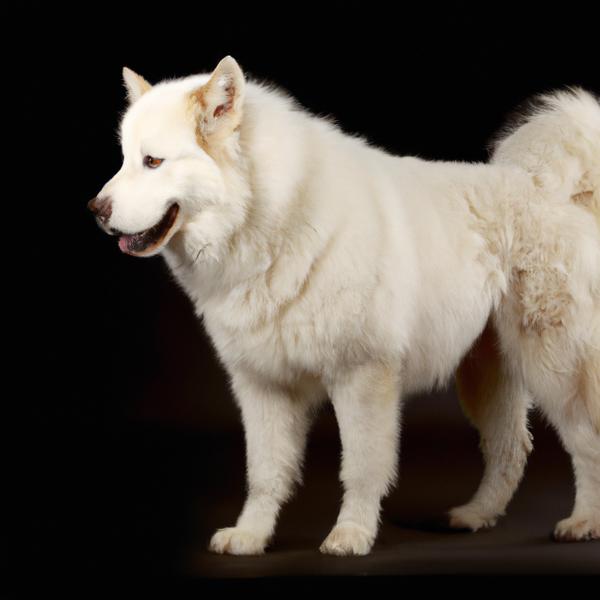
Pyrenees Husky
Labradoodle vs Pyrenees Husky

American French Bulldog
Labradoodle vs American French Bulldog
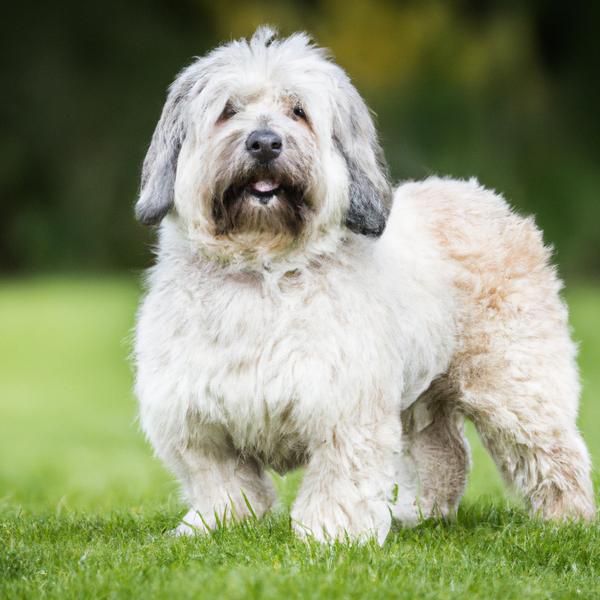
Wel-Chon
Labradoodle vs Wel-Chon

Havapeke
Labradoodle vs Havapeke

Golden Pyrenees
Labradoodle vs Golden Pyrenees
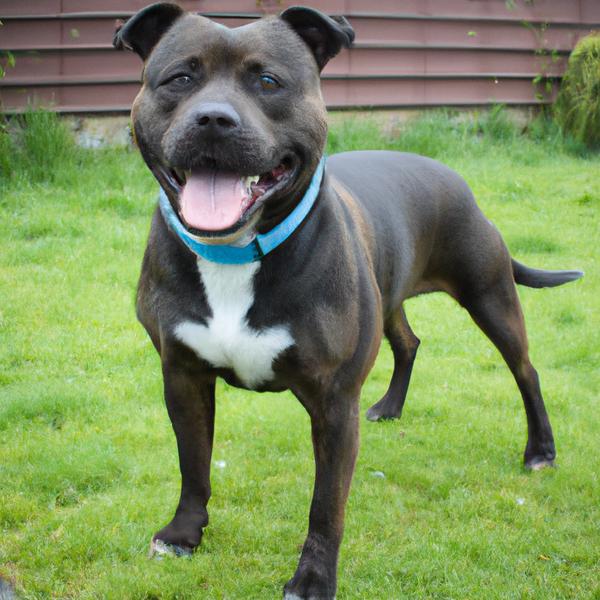
Staffy Bull Pit
Labradoodle vs Staffy Bull Pit

Frenchie Pug
Labradoodle vs Frenchie Pug

Dunker
Labradoodle vs Dunker
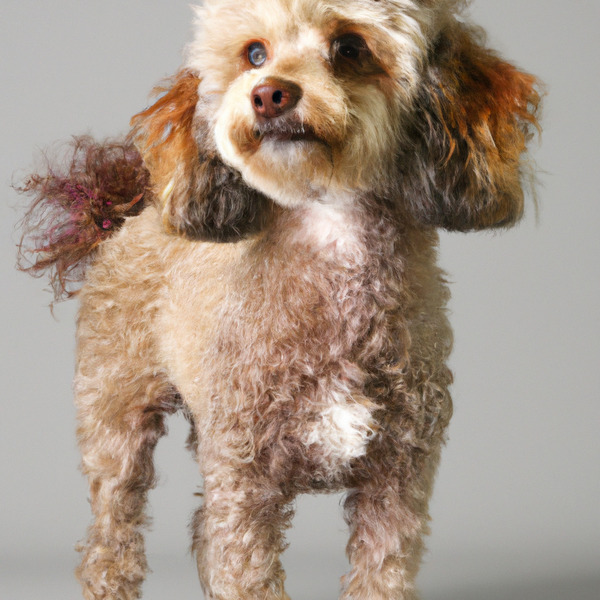
Chi-Poo
Labradoodle vs Chi-Poo
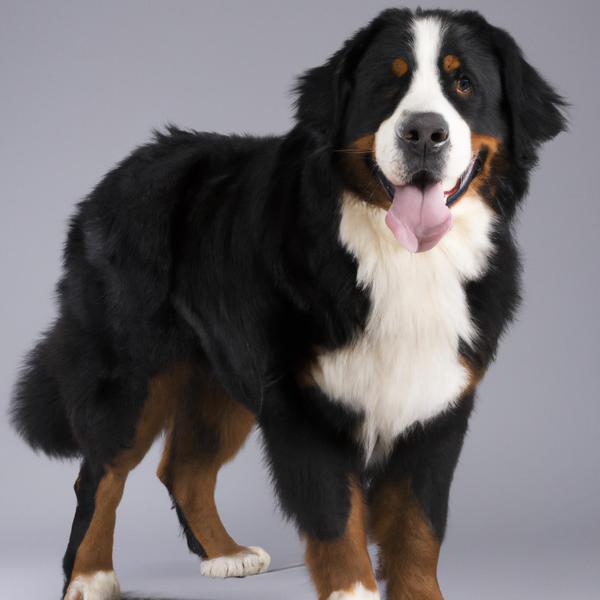
Saint Bernese
Labradoodle vs Saint Bernese

Papshund
Labradoodle vs Papshund
